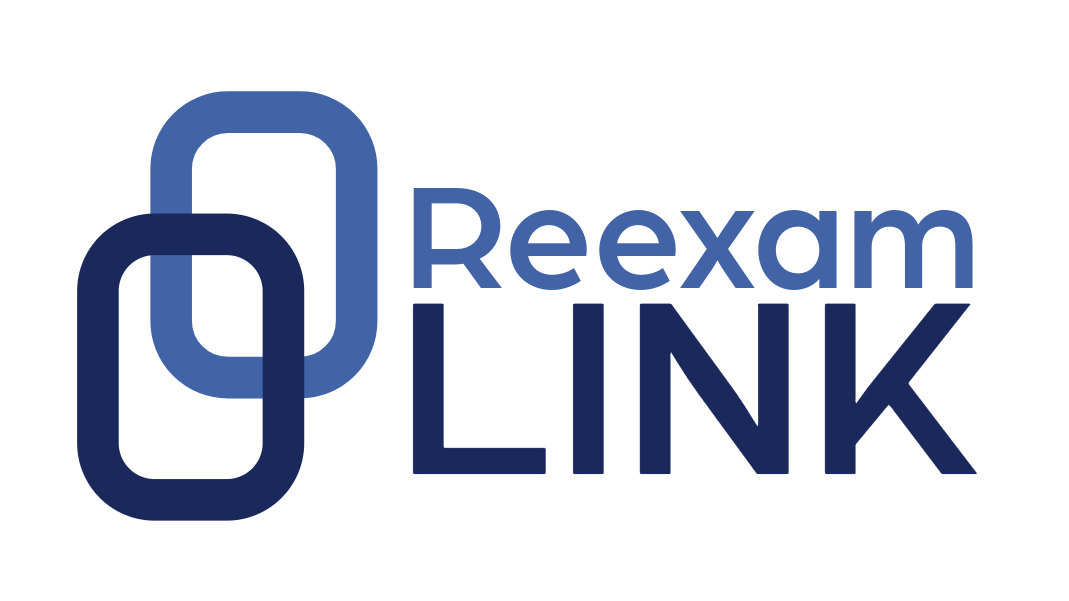Tag: BPAI
-
Eastern District of Virginia Decides PTAB Decision to not institute IPR is Not Appealable
A patent owner insists that your company infringes a patent and makes a claim of patent infringement. You have settled patent infringement assertions before, but this patent seems invalid over known prior art. You consult with your patent counsel and a decision is made to file a petition for inter partes review (IPR) under the new post-grant…
-
PTAB Provides More Guidance on Discovery
On March 5, 2013, the Patent Trial and Appeal Board (PTAB or Board) provided guidance to the bar concerning routine discovery and additional discovery. (See paper 26 in Garmin v. Cuozzo, IPR2012-00001) This decision set forth five factors which are important in determining what constitutes discovery satisfying the “necessary in the interest of justice” standard under 35…
-
Petitioner Allowed to Submit Supplemental Information After Institution of CBM PTAB Trial
In Interthinx, Inc. v. Corelogic Solutions, LLC (CBM2012-000007), the Petitioner (Interthinx) was allowed to submit supplemental information under 37 C.F.R. § 42.223 after trial was instituted in this covered business method patent review (CBM). Trial was instituted by the PTAB on January 31, 2013. On February 27, 2013, Interthinx filed a Request for Authorization to…
-
Claim Interpretation for Post-Grant Review and Inter Partes Review under the AIA – Part I
—
by
in America Invents Act, Broadest Reasonable Interpretation standard, clear and convincing evidence, Ex Parte Prosecution, ex parte reexamination, inter partes reexamination, inter partes review, Litigation, Patent Reform, Phillips-type construction, Post Grant Review, preponderance of evidence, PTAB, reexamination generally, Reissue, UncategorizedToday, USPTO Director David Kappos posted a comment advocating the use of the broadest reasonable interpretation standard (BRI) for claim interpretation in post grant review and inter partes review under the America Invents Act. This is a topic of great interest among those conducting post-grant review of patents because of numerous conflicts occuring in practice due to different…
-
Marine Polymer Technologies v. HemCon, Inc. and Intervening Rights
Marine Polymer Technologies, Inc. v. HemCon, Inc. (Fed. Cir. 2011) is a widely reported case that raises some questions about the scope of the application of intervening rights. It involves a matter where the literal language of a claim was not amended, yet absolute intervening rights were still found to apply to the accused infringer. Marine…
-
Reexamination Practice: One Size Does Not Fit All
I attended a reexamination roundtable at the Patent Office last week where ideas for reexamination reform were proposed. The Patent Office listened and took notes. I thought it was a very productive meeting overall. As the various speakers presented their comments to the questions posed by the Office, it reminded me how everyone views reexamination differently: Patent Owners who…
-
Fractus SA Gets $23M Verdict Against Samsung in Antenna Patent Litigation
In Fractus, S.A. v. Samsung Electronics Co., Ltd., et al. (6:09-CV-203, EDTX), a jury gave a verdict of patent infringement of four different patents owned by Fractus S.A. against Samsung to the tune of $23,129,321 in damages. The jury found that Fractus proved the infringement was willful by clear and convincing evidence. The Verdict Form provides details as to…
-
Federal Circuit Decision in In re Tanaka
You might recall that we discussed the BPAI decision in In re Yasuhito Tanaka in an earlier post. On April 15, the Federal Circuit reversed the BPAI decision and remanded the matter for further proceedings in accordance with the opinion. The Federal Circuit held that a patent owner that retains original patent claims and adds new narrower claims in…
-
Petitions Practice for SNQ Findings in Inter Partes Reexaminations
A prior post emphasized the importance of a well crafted petition in cases where the examiner determines that there is no SNQ in an inter partes reexamination request. Recall that the BPAI determined it had no jurisdiction to review of a determination that there was no SNQ (for certain claims) in inter partes reexamination control no. 95/001,089 (Belkin International v Optimumpath…
-
Use Petitions to Reverse Determination of No SNQ in Inter Partes Reexaminations
You see a competitor’s patent and believe it is invalid. You perform a prior art search and find prior art that you think would render at least some of the patent claims unpatentable. So after thinking about it some more, you decide to file a reexamination request in the Patent Office. In that request you illustrate that the prior art…
